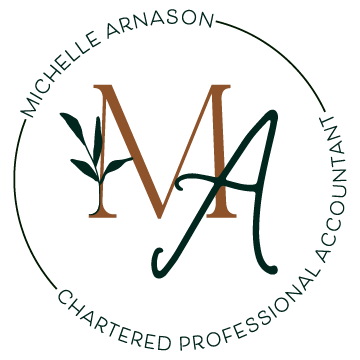Choosing the Right Bookkeeping Software for Your Small Business
Effective bookkeeping is the cornerstone of financial management for any small business. With the help of modern bookkeeping software, small business owners can streamline financial tasks, improve accuracy, and gain valuable insights into their financial health. However, with a multitude of bookkeeping software options available, selecting the right one can be a daunting task. In this blog post, we will help guide you through the process of choosing the best bookkeeping software for your small business.
Assess Your Business Needs:
Before diving into software options, it's important to assess your business's specific requirements. Consider factors such as:
Business Size: The complexity of your business and the volume of transactions will impact your software needs.
Budget: Determine how much you're willing to invest in bookkeeping software. Many options cater to various budget ranges.
Features: Identify the specific features you require, such as invoicing, expense tracking, payroll processing, and tax reporting.
Integration: If you're already using other software (e.g., point-of-sale systems or e-commerce platforms), check for compatibility and integration capabilities.
Types of Bookkeeping Software:
There are two primary types of bookkeeping software:
Desktop Software:
Installed on a local computer or server.
Offers robust features and customization options.
Requires software updates and backups.
Accessible only from specific devices.
Cloud-Based Software:
Hosted on remote servers
Accessible via the internet.
Often more affordable and convenient.
Automatically updated and backed up.
Allows remote access from various devices.
Key Features to Look For:
When evaluating bookkeeping software, consider these essential features:
Ease of Use: Look for software with an intuitive interface to minimize the learning curve.
Expense Tracking: Ensure the software allows you to track and categorize expenses effectively.
Invoicing: Check if it offers customizable invoicing features for billing clients.
Bank Reconciliation: This feature helps you match your records with bank statements accurately.
Reporting: Robust reporting capabilities provide valuable insights into your business's financial performance.
Integration: Assess if the software integrates with other tools, such as tax software or payment processors.
Popular Bookkeeping Software Options
Here are some widely used bookkeeping software options for small businesses:
QuickBooks: Offers a range of desktop and cloud-based solutions, suitable for various business sizes and needs.
Xero: A cloud-based software known for its strong invoicing features.
Wave: A free, cloud-based solution ideal for startups and small businesses on a tight budget.
FreshBooks: Designed for service-based businesses, it simplifies invoicing and time tracking.
Think about the future of your business. Will your bookkeeping needs change as you grow? Select software that can adapt to your evolving requirements.
Choosing the right bookkeeping software is a crucial decision for small business owners. By assessing your needs, considering the type of software, evaluating key features, and exploring popular options, you can find the perfect solution to streamline your financial management processes. Investing time and effort into selecting the right bookkeeping software can lead to improved accuracy, efficiency, and a more comprehensive understanding of your business's financial health.

